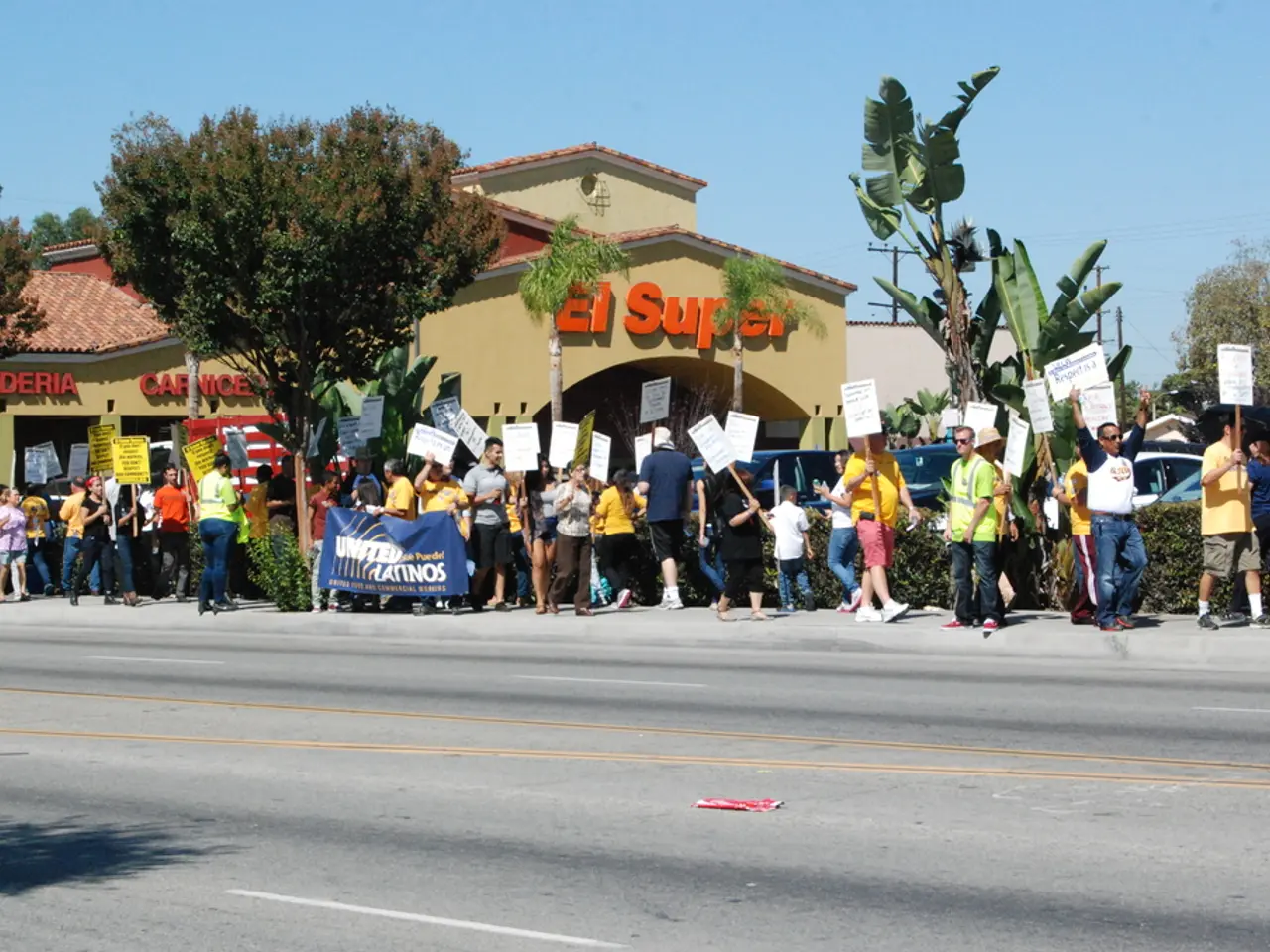Advancement in Anti-Abortion Policies
In a landmark ruling on June 26, 2025, the Supreme Court of the United States decided in the case of *Medina v. Planned Parenthood South Atlantic* that Medicaid enrollees cannot sue in federal court to enforce Medicaid’s "free-choice-of-provider" provision, which guarantees Medicaid patients the right to seek care from any qualified provider willing to accept Medicaid.
The ruling, which directly applies to South Carolina, sets a legal precedent that enables other states to exclude Planned Parenthood from Medicaid. The decision undermines Medicaid recipients' federally protected right to choose their healthcare provider, particularly harming access to important preventive and reproductive health services through clinics like Planned Parenthood.
The restriction on provider choice means that Medicaid patients in states that exclude Planned Parenthood cannot use their coverage to access a broad range of non-abortion health services offered by Planned Parenthood clinics, including contraceptive care, sexually transmitted infection (STI) treatment, cancer screenings, and annual exams.
The reduction in access to care is a significant concern, as Medicaid funding is a major revenue source for Planned Parenthood. Losing these funds can force clinics to reduce hours, staff, or close sites entirely, exacerbating access issues not only for Medicaid enrollees but for all patients in the affected areas.
The decision also has broader policy implications, with legislative measures following the ruling suggesting a wider movement towards defunding Planned Parenthood at state and federal levels across the country.
Justice Jackson, in her dissent, argues that the case should be understood in light of the history of the Civil Rights Act of 1871 and the need for individual rights of action to hold state governments accountable. She highlights that the majority opinion in Medina undermines hard-won civil rights and further guts the Civil Rights Act of 1871.
The ruling comes in line with the anti-abortion agenda of the U.S. administration and the U.S. Supreme Court, which has demonstrated its willingness to support efforts to defund Planned Parenthood and forward an agenda hostile to both civil rights and healthcare access for those depending on Medicaid.
It is important to note that the majority of people on Medicaid in South Carolina are women, and 3 in 5 Medicaid recipients in the state do not identify as white. The decision, therefore, disproportionately affects marginalised communities.
The Governor of South Carolina issued an executive order in 2018 banning Medicaid from reimbursing abortion providers, and the "One Big, Beautiful Bill" bars Medicaid reimbursements to Planned Parenthood for one year. However, a lawsuit filed by Planned Parenthood has temporarily blocked the ban.
Planned Parenthood provides a variety of health services, including testing for sexually transmitted infections and cancer screenings. The decision in Medina further restricts access to a wide range of health services, potentially leaving many underserved populations with fewer healthcare options.
It is likely that other states will follow the example of South Carolina and take similar actions to defund Planned Parenthood, impacting healthcare access for those depending on Medicaid. The decision, therefore, represents a significant setback in the fight for healthcare equity and civil rights.
- The policy-and-legislation landscape has shifted post-Medina, with states considering defunding Planned Parenthood beyond South Carolina.
- In addition to medical-conditions, the quality of general-news coverage concerning the Medina case is crucial for informed public debate on policy-and-legislation.
- War-and-conflicts aside, the Medina ruling underscores the importance of politics in healthcare access and civil rights, as it further restricts access to services like cancer screenings and sexually transmitted infection (STI) treatment.
- Despite the ruling, crime-and-justice remains unsolved when it comes to the suit filed by Planned Parenthood against the South Carolina executive order banning Medicaid reimbursements to abortion providers.
- In sports-betting, as in healthcare, access matters. The Medina ruling might impact healthcare choices not only for Medicaid recipients but also for other underserved sports teams and athletes seeking services like Planned Parenthood.
- The decrease in healthcare access due to the Medina ruling can be linked to accidents, as it might influence the ability of affected communities to gain timely reproductive, preventive health services, and STI treatment, affecting both their physical and mental well-being and general-news headlines.




